8 Surprising Things in Your Yard That Attract Mice to Your Home
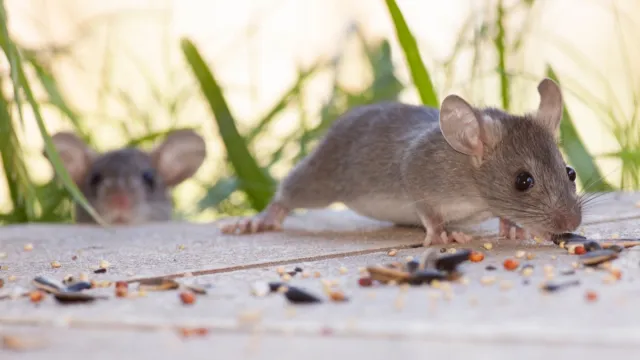
Whether you’re entertaining guests for an outdoor party, relaxing on your deck with a book, or working in your garden, your yard can serve as a personal oasis—and you’d probably like to keep it that way. Unfortunately, that space may also be acting as a haven for pests, especially mice, who can then easily find their way into your home. Not sure what could be bringing these critters around? We consulted pest experts to find out what things in your yard may be attracting mice to your home. Keep reading to find out more about these mouse magnets.
RELATED: 8 Things in Your Yard That Are Attracting Snakes to Your Home.
8 Things in Your Yard That Attract Mice
1. Bird feeders
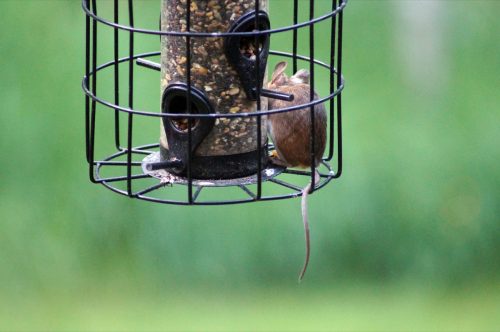
If you have a bird feeder around your home, it may be attracting more than just robins and bluejays. Megan Cavanaugh, a pest control expert and co-owner of Done Right Pest Solutions, previously told Best Life that these also draw rodents.
“Nuts and seeds are a favorite food of mice,” she said. “Mice, like all animals, are always looking for food sources. If you have a food source in or around your home, they are going to be attracted to it.”
Because the birds that these feeders attract do not tend to prey on mice, the food source becomes a safe, easy stop for mice to grab a free meal. Therefore, all bird feeders should be staged 25 feet from structures, according to Jim McHale, president of JP McHale Pest Management.
2. Compost
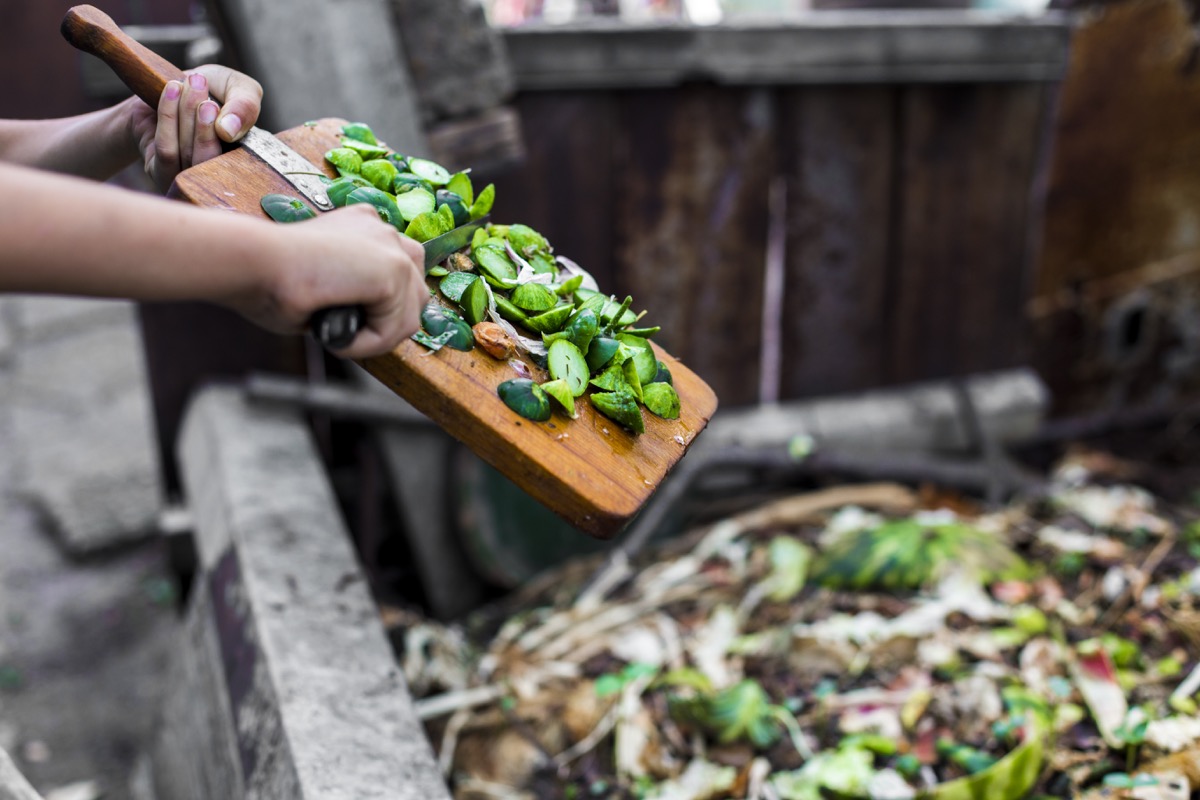
Composting is a great way to produce organic fertilizer at home while keeping your waste out of landfills. But that compost pile can also be attracting mice, according to The Turfgrass Group. First, it provides shelter. Second, it serves as a source of food, they explain.
To reduce the chances of attracting mice to your pile, they suggest investing in a heavy-duty plastic compost tumbler that raises your compost off the ground and encloses it within a chamber that rodents can’t enter. (Plus, this method will get your compost to the rich fertilizer phase faster.) And again, keep composting areas a safe distance from your home.
RELATED: 6 Plants Attracting Mice to Your Home.
3. Natural clutter
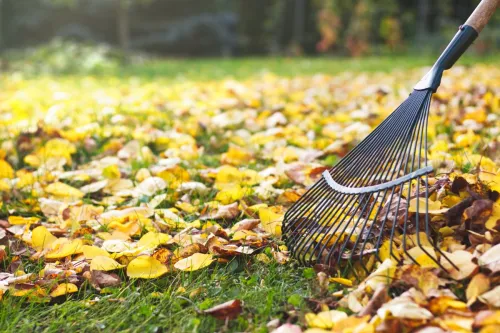
“An over-arching theme to combatting rodent invasion is to reduce excess vegetation, frequent mowing, weed management, and cutting back growth around the ‘ecotone’ areas. (The area where managed lawn area ends and wooded area begins),” says McHale.
Mice especially gravitate towards debris like twigs and leaves to seek refuge from predators. Getting rid of all the excess will send them elsewhere to find cover.
If mice are taking up residence outside, it doesn’t always mean they’re going to move indoors, but it certainly increases the chances.
4. Pet food
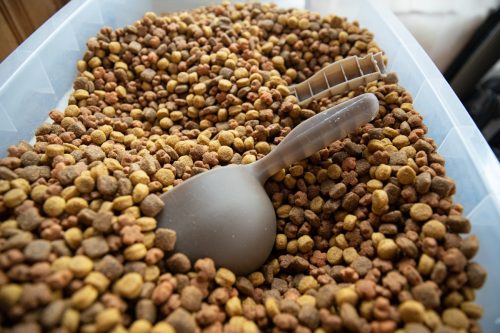
Meg Pearson, training manager at Critter Control, explains that mice are foragers and will seek opportunities to feed wherever they go. They don’t necessarily care what they eat, and pet food is as good of an option as any.
This one follows the same logic as the bird feeder: The food you intend for other animals makes a great snack for hungry mice, so keep it contained. McHale advises storing pet food in sealed plastic containers. This is especially important if you’re keeping it in your garage or basement, places where mice tend to hide out.
RELATED: 5 Sounds That Could Mean You Have Mice in Your Home.
5. Open trash cans
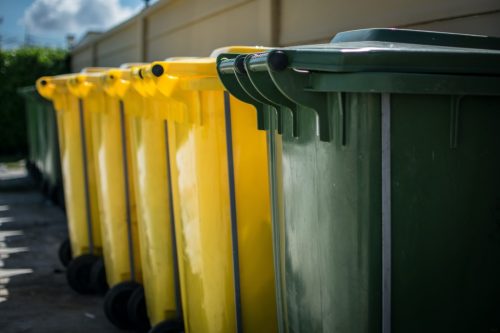
Just as mice can find food in compost piles or bird feeders, they can find it in unsealed trash cans. Replace any such bins with those that have locking lids. In addition to making sure all trash is contained, McHale suggests keeping the bins in a closed garage for extra precaution.
6. Unsealed cracks and holes
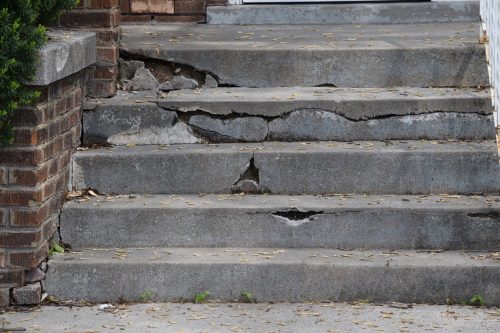
Once you’ve inspected the items in your yard, check around the outside of your home for any exterior cracks or holes through which rodents can enter. Mice can squeeze through holes as small as a quarter-inch, says Pearson. Give yourself the best possible chance of keeping them out by sealing any potential entry points—including vents, windows, or chimneys—with wire mesh or caulk.
“Because mice have powerful teeth and are highly motivated by available food and warm shelter, they can also easily create holes or enlarge existing holes to get inside,” says Pearson. She adds that they can climb texturized vertical surfaces as well as jump more than a foot off the ground.
For more pest control tips sent directly to your inbox, sign up for our daily newsletter.
7. Construction
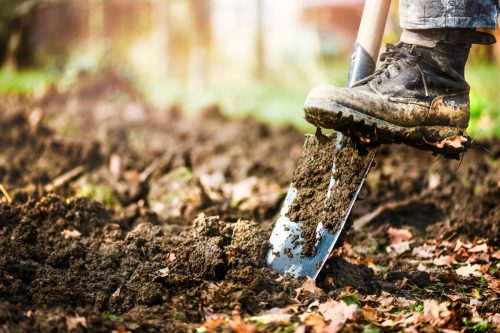
If you’re doing any construction or renovations, you might unknowingly be attracting mice, especially since they commonly live in dirt.
“New development causes digging in the ground which often results in mice leaving their previous home and instead looking for a new home such as your house or surrounding areas,” says Sebastian Jania, owner of Ontario Property Buyers.
8. Standing water
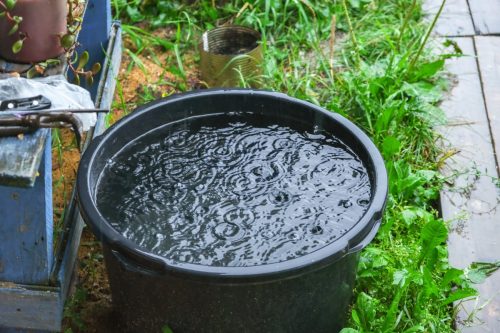
Like mosquitoes, mice are attracted to standing water and enjoy dark, moist spaces. Any excess moisture from a storm, a leaky hose, or best of all, a water fountain, could be bringing more of these rodents out and about.
If there isn’t enough water in the yard, it’s likely mice may head inside your home next. “It’s for this reason that if you’re going to leave a house vacant it’s incredibly important to keep the water off; this would even include a shed or a garage and making sure that their water supply is off if you will be away for some time,” shares Jania.
If you do spot mice in your yard, Pearson says you’ll want to act quickly, “as they can easily contaminate human food and water supplies.” In these situations, it’s always advisable to call in a professional.